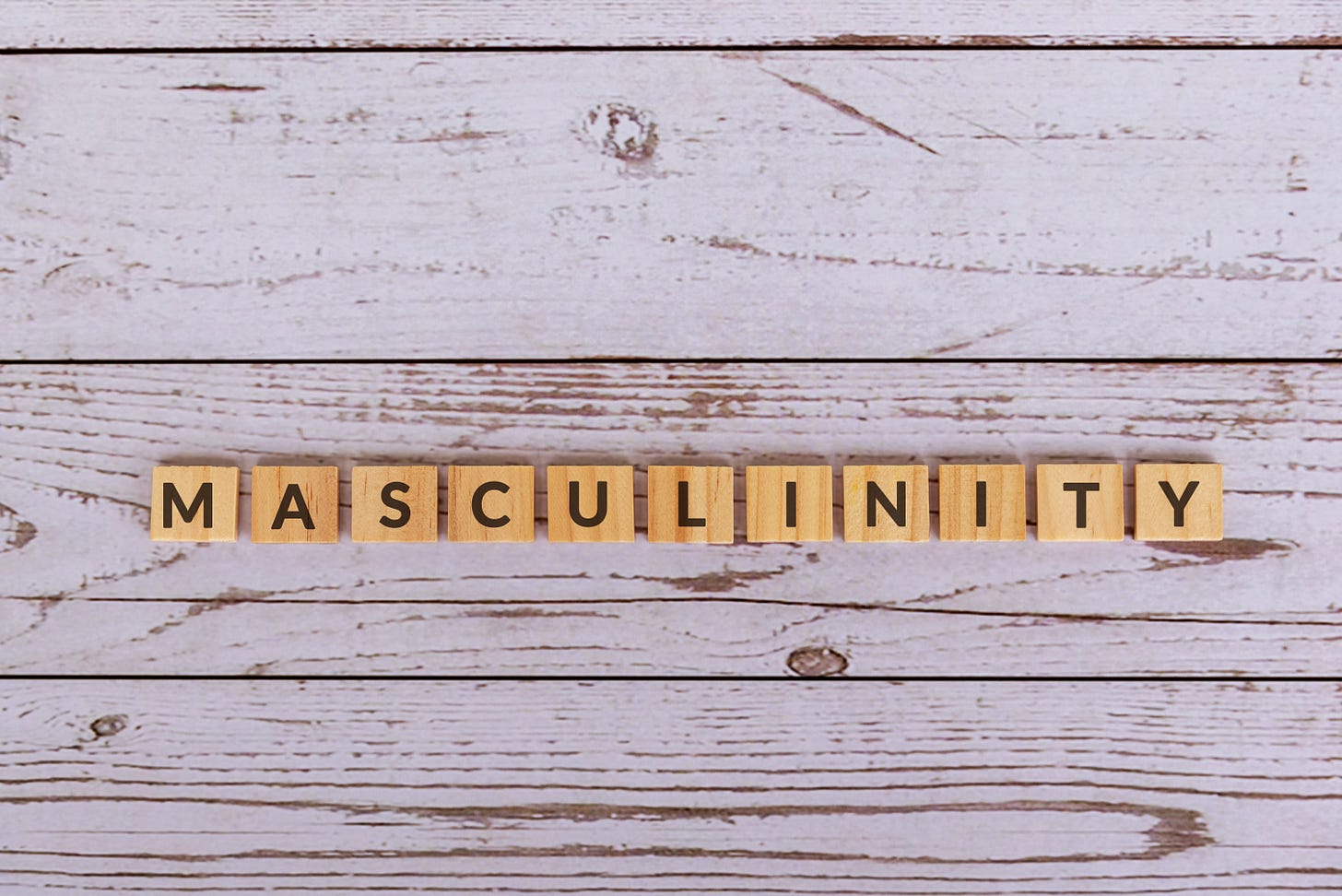E-Pluribus | May 27, 2021
When a cancellation isn't a cancellation, Democrats may be over-relying on wokeness as an issue, and the continuing battle over "masculinity."
A round up of the latest and best writing and musings on the rise of illiberalism in the public discourse:
Abigail Shrier: Why Some Firings Aren't Cancellations
While not all “cancellations” look the same, the loss of a job or position is often one of the elements that accompanies the larger backlash. Abigail Shrier examines three incidents from recent years in an attempt to zero in on when the words and behavior of the targeted individual meritted the response and finds that being “cancelled” isn’t always cut and dried.
Perhaps no one’s juvenilia should disqualify her from a job—and the reason isn’t merely that most of us said idiotic things in adolescence—but because that’s as it should be. If we are ever going to test out an extreme idea or hurtful comment, adolescence is the time to do it—a period of identity formation when we require all the feedback we can get. We demand adults behave themselves precisely because we assume this was preceded by beta-testing, a period of adaptive idiocy, when they tore through adolescence’s maze, hungering for affection, altering behavior in response to every dead end, registering each shock of pain. It seems compassionate—perhaps even necessary—to place a black box around statements made in high school and college, particularly where a young person has later disavowed them.
But is there no public statement predating one’s employment so vile as to render someone an obviously bad hire? (The emphasis on public statement seems critical because all social life might end if we did not retain the freedom to explore half-baked or foolish ideas in private with intimates.) How about a preschool teacher, whose school learns he has commented on social media that he finds small children “sexy?” Or a police officer who is found to have made racist proclamations on social media? Even if these statements predate the officer’s employment, even if he has only ever behaved honorably on the job, his past comments would likely provide sound basis for undermining any arrests he makes, any testimony he gives. His past public comments are relevant because they compromise his ability to do his job at all.
Read it all here.
Thomas B. Edsall: Is Wokeness ‘Kryptonite for Democrats’?
While some question the sincerity of the Republicans’ anti-wokness emphasis, many observers acknowledge its effectiveness nonetheless. Thomas B. Edsall discusses the growing realization among Democrats that the culture war may not be breaking in their direction.
James Carville, the top strategist for Bill Clinton’s 1992 presidential campaign, was succinct in his assessment. He recently told Sean Illing, a writer at Vox:
Wokeness is a problem and everyone knows it. It’s hard to talk to anybody today — and I talk to lots of people in the Democratic Party — who doesn’t say this. But they don’t want to say it out loud.
“Why not?” Illing asked.
“Because they’ll get clobbered.”
Carville’s answer provides insight into the question of whether, if the left wing of the Democratic Party is backing many policies that are unacceptable to a majority of voters and if some of those policies appear to violate constitutional protections of free speech and the rights of the accused, why hasn’t there been more pushback in both politics and academia?
I asked Jonathan Rauch, a senior fellow at Brookings and the author of the new book “The Constitution of Knowledge: A Defense of Truth,” about the lack of pushback, and he suggested a series of factors:
“The younger generation (wrongly) perceives free speech as hazardous to minority rights.”
“The purist side has had more passion, focus and organization than the pluralist side.”
“Universities are consumeristic these days and very image-conscious, and so they have trouble withstanding pressure from their ‘customers,’ e.g., activist students.”
“The use of social pressure to manipulate opinion is a powerful and sophisticated form of information warfare. Anyone can be dogpiled in minutes for any reason, or no reason.”
“Activists have figured out that they can have disproportionate influence by claiming to be physically endangered and psychologically traumatized by speech that offends them.”
Read it all at The New York Times.
Hannah Gal: The Gathering Resistance to the Stigmatisation of Masculinity
At Quillette, Hannah Gal examines the growing disinclination to accept cultural trends that blur distinctions in male and female traits and behavior. Recognizing and working with long-recognized general differences in boys and girls should not be dismissed as kowtowing to invidious stereotypes but rather as a realistic approach that will provide the most appropriate basis for educating and socially developing the youth of today.
There is now a growing international movement of men and women dedicated to resisting the anti-masculinity narrative. YouTube channels and podcasts for men and boys such as Order Of Man and The Art Of Manliness boast massive followings and provide a formidable global support network, while prominent dissident academic figures like Camille Paglia have called for greater acceptance of masculinity within society. Male students are suing their universities for anti-male discrimination, while a growing number of men express their discontent about unfairness in the workplace as women are prioritised in the name of satisfying equality quotas.
Inevitably, parents have become prominent players in this effort. Stories have emerged of parents’ angry letters to schools and petitions. Some have resolved to remove their children from school altogether. Homeschooling is experiencing a steady rise, reaching a staggering 11 percent in the US, and concerned parents have begun to establish action groups such as Parents Defending Education and Bettina Arndt’s Mothers Of Sons initiative. Dedicated channels have been set up so that individuals can report incidents of boys being shamed at school. These clashes between parents and the educational establishment are no longer relegated to the fringe. When parents discover, for instance, that a school is making their sons face their female peers and apologise on behalf of their sex for crimes of which they are personally innocent, they are understandably angry and are finding ways to express their anger in various online and media fora. In this way, awareness of the systematic stigmatization of masculinity is growing.
[…]
These issues are of particular importance within an all-boy environment, argues Knowland. “Many of [these institutions] are embarrassed to exist,” he adds, “and they need to think hard about why that is … People need to put boys in touch with the past and the traditions about what it means to be a man, rather than rubbishing them and leaving them with some of the main pillars of their identity, as one of the Eton boys put it, just crushed to dust.”
Read it all.
Around Twitter
USA Today retroactively censors an opinion piece:
Jesse Singal highlights a Boston Globe story about a black student subjected to highly questionable “counselling”:
Andrew Sullivan ran across a new term, presented without comment:
Twitter is finding its moderation practices under increasing government scrutiny in India:
More from India Today:
Jonathan Turley on Facebook’s about face on the Wuhan COVID-19 lab leak theory:















